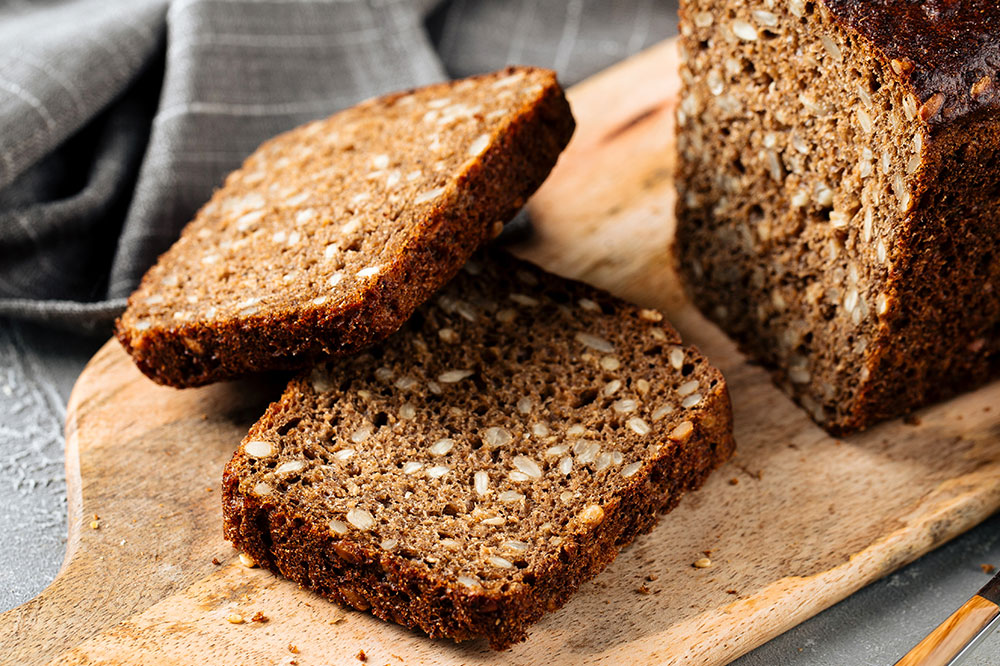Effective Strategies and Medications for Managing Persistent Diarrhea
Persistent diarrhea can pose serious health risks if not treated promptly. This guide covers causes, symptoms, hydration strategies, medications, probiotics, and diet tips to effectively manage long-term diarrhea. Consulting healthcare professionals ensures accurate diagnosis and treatment, preventing complications like dehydration. Maintaining proper hydration, using appropriate medications, and adopting dietary adjustments are key to recovery. Early intervention and professional guidance are essential for safe and effective management of chronic diarrhea, especially in children and vulnerable groups.
Sponsored

Strategies and Medications for Managing Persistent Diarrhea
What is Persistent Diarrhea?
Persistent diarrhea refers to frequent, watery bowel movements that last longer than two weeks. While occasional diarrhea is common and often resolves quickly, ongoing episodes may indicate underlying health issues. Proper treatment and management are essential to prevent dehydration and other complications. Understanding the causes, symptoms, and treatment options can help in effective management of this condition.
Key Symptoms of Chronic Diarrhea include:
Cramps
Urgent bowel movements
Thin or watery stool
Bloating
Nausea or vomiting
Weight loss
Blood or mucus in stool
High fever
Dehydration from fluid loss is a serious concern; maintaining proper hydration is crucial, especially in vulnerable groups like children and seniors.
What Causes Persistent Diarrhea?
Several factors contribute to chronic diarrhea, including infections, medical conditions, medication use, dietary choices, and more. Common causes include:
Diabetes
Intestinal disorders
Alcohol consumption
Food allergies
Bacterial infections
Medications, including laxatives
Cancer and radiation therapy
Thyroid issues
Identifying the root cause is essential for effective treatment. Consulting a healthcare professional is recommended for proper diagnosis.
Managing Chronic Diarrhea Effectively
Proper hydration remains the top priority: replace lost fluids with oral rehydration solutions like Pedialyte for children and electrolyte drinks for adults. Avoid caffeinated beverages such as coffee, soda, or alcohol, which can worsen dehydration.
Medications: Several over-the-counter options, including bismuth sub-salicylate and loperamide, can provide symptom relief. However, consult a doctor before use, especially if symptoms persist beyond two weeks, as long-term diarrhea may require specific treatment.
For children, especially infants under three months, professional medical advice is crucial. Persistent diarrhea in young children can be life-threatening without prompt care.
Probiotics: Beneficial bacteria such as those found in yogurt, kefir, kimchi, and other foods can help restore intestinal balance and improve symptoms. Supplements in pill or powder form are also available.
Dietary Considerations: Consuming low-fiber foods like white rice, bananas, toast, and boiled potatoes can help solidify stool. Avoid irritants such as dairy, spicy foods, caffeine, and artificial sweeteners, which may exacerbate symptoms.
Summary
Chronic diarrhea requires timely attention to prevent severe dehydration and health complications. Adherence to hydration, proper medication, probiotic intake, and dietary adjustments are vital. Always seek medical advice for persistent or severe symptoms to ensure appropriate treatment and recovery.






